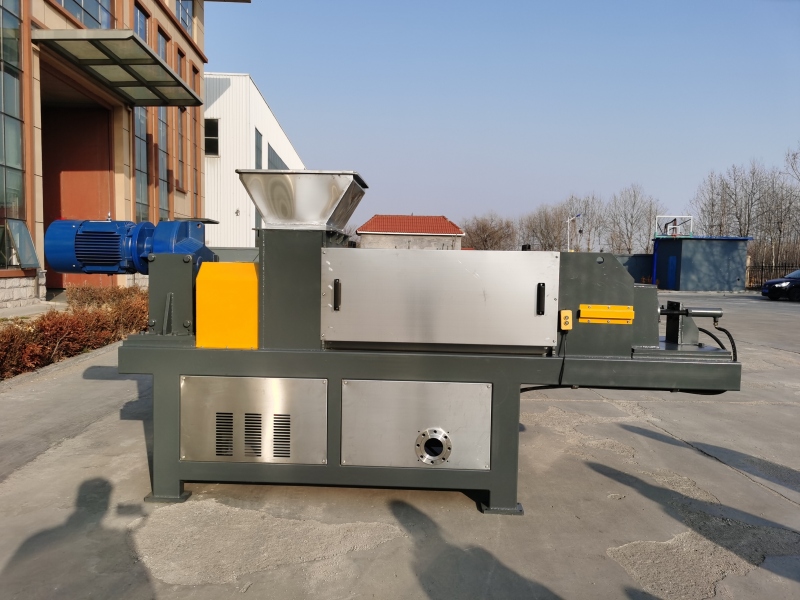
The livestock farming industry faces various challenges, including the proper management of waste materials generated during the processing of animals. Feathers, in particular, are a significant byproduct that needs efficient handling. Feather dewatering machines have emerged as innovative solutions to address this issue. This article explores the application of feather dewatering machines in the livestock farming sector.
**1. ** Improved Waste Management:
Feather dewatering machines play a crucial role in the effective management of feathers in livestock farms. By removing excess moisture from feathers, these machines significantly reduce the volume of waste. This not only facilitates easier disposal but also minimizes environmental pollution, contributing to sustainable farming practices.
2. Enhanced Fertilizer Production:
Dewatered feathers can be converted into high-quality organic fertilizer. The reduced moisture content ensures that the feathers can be easily processed and blended with other organic materials, creating nutrient-rich fertilizers. Livestock farmers can utilize these organic fertilizers to enhance soil fertility and promote healthier crop growth, leading to increased agricultural productivity.
3. Cost Reduction and Resource Efficiency:
Feather dewatering machines offer cost-effective solutions to livestock farmers. By reducing the volume of feathers, transportation costs associated with waste disposal are significantly lowered. Additionally, the efficient use of resources, such as energy and water, contributes to overall operational savings. This resource efficiency is essential for sustainable agricultural practices and economic viability.
4. Environmental Benefits:
The environmental benefits of feather dewatering machines are substantial. By decreasing the environmental impact of feather disposal, these machines aid in the reduction of greenhouse gas emissions and contamination of water sources. This aligns with global efforts to promote eco-friendly practices within the agricultural sector, contributing to a cleaner and healthier environment.
5. Compliance with Regulations:
Regulatory bodies often impose strict guidelines regarding waste management in the livestock farming industry. Feather dewatering machines assist farmers in adhering to these regulations by providing an efficient and compliant method of handling feathers. By investing in such technology, farmers can avoid legal complications and maintain a positive reputation within the industry.
Conclusion:
The application of feather dewatering machines in the livestock farming industry signifies a significant step towards sustainable and responsible agricultural practices. By efficiently managing feathers, farmers can reduce waste, lower costs, enhance soil fertility, and comply with regulations. Moreover, these machines contribute to environmental preservation, making them invaluable assets for modern livestock farms. Embracing such innovative technologies not only benefits individual farmers but also fosters a more sustainable future for the entire agricultural sector.




If your company wants to establish a business relationship with us, please briefly describe the cooperation intention and send an email to:chuantaiscrewpress@gmail.com























































































![[list:title]](/static/upload/image/20240528/1716877114510915.jpg)